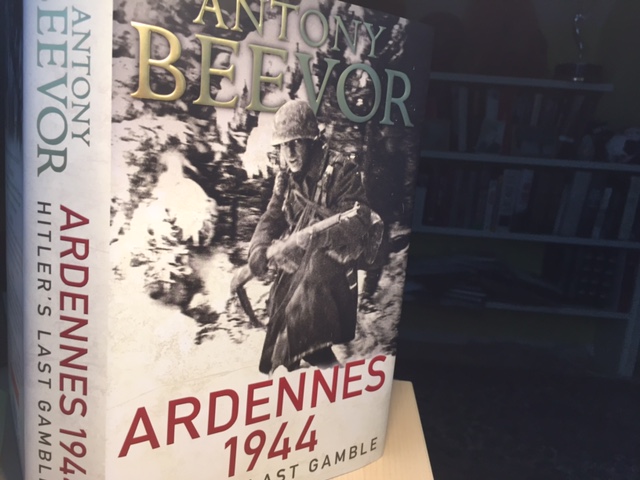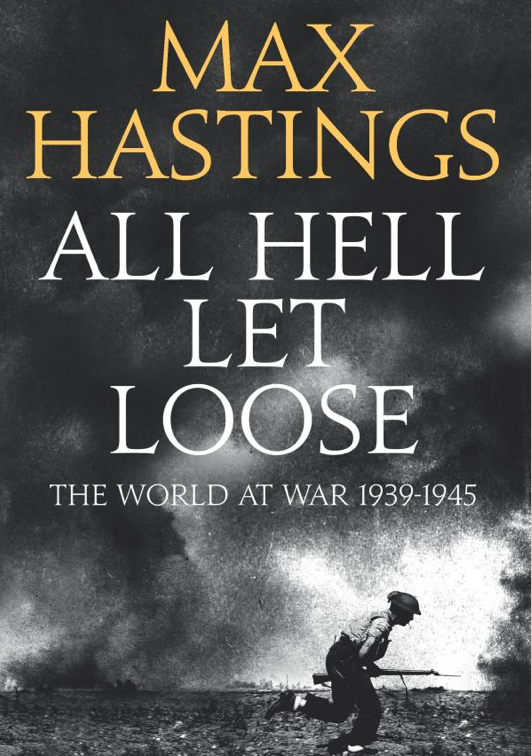‘The amount of ground it covers in 500 pages is remarkable — from the antisemitism of popular German literature of the 19th century to Hitler’s suicide and the surrender of his regime. It’s excellently written and skilfully interweaves narrative history, sound interpretation and the recollections (through interviews, listed in the notes as “previously unpublished testimony”) of survivors… Rees provides an exemplary account of how the greatest crime in modern history came about.’
Oliver Kamm, the Times.
‘As a former head of BBC TV history programmes, Rees has produced some of the most thoughtful documentaries about Nazi Germany, and he tells this story through a mix of closeups and wide shots of the historical landscape. The latter provides crucial context, connecting anti-Jewish policy to the changing fortunes of the war and the dynamics of Nazi rule. Rees also explains how the perpetrators learned from earlier attacks on other “community aliens”, such as the disabled – the first victims of mass gassings in the Third Reich, who were murdered in “euthanasia” centres equipped with fake showers… Rees is a gifted educator, who can tell a complex story with compassion and clarity, without sacrificing all nuances… a fine book.’
Professor Nikolaus Wachsmann, the Guardian
‘Into a general history of the Holocaust that draws also upon recent scholarship and contemporary documentation, Rees has woven the most searing first-person accounts… Rees has included these testimonies within a flowing narrative history… producing the disturbing phenomenon of an extremely readable book about the Holocaust.’
David Sexton, the Evening Standard
‘Like [Primo] Levi, Rees understands the Holocaust as representing ‘a singular horror in the history of the human race’, and he is particularly well placed to guide us through the multitude of difficulties it presents. One of world’s foremost historical documentary film-makers, he has spent a lifetime thinking about the Nazi era, crafting balanced, rigorous and reflective films that have won plaudits and prizes… He is also a seriously good storyteller — and this is his masterwork…. Laurence Rees has written a remarkable book.’
Philippe Sands, the Spectator
‘You might have thought that we know everything there is to know about the Holocaust but this book proves there is much more… Laurence Rees, an acclaimed historian and former head of BBC history, has spent a quarter of a century meeting the survivors and the perpetrators, and in the endnotes of this ground-breaking book the words ‘previously unpublished testimony’ are cited no fewer than 169 times.’
Andrew Roberts, the Daily Mail
‘this absorbing, heart-breaking book… a powerful, inevitably harrowing revelation of the 20th century’s greatest crime.’
Nick Rennison, the Sunday Times
‘Laurence Rees’s brilliant new history… Rees has distilled 25 years of research into this compelling study, the finest single volume account of the Holocaust…’
Saul David, the Daily Telegraph
 Twitter
Twitter









